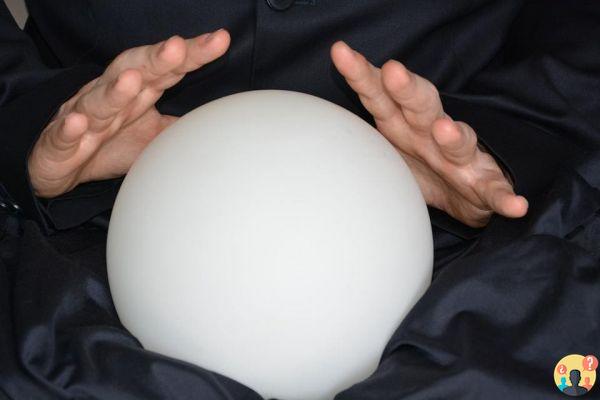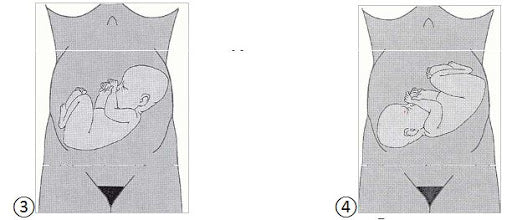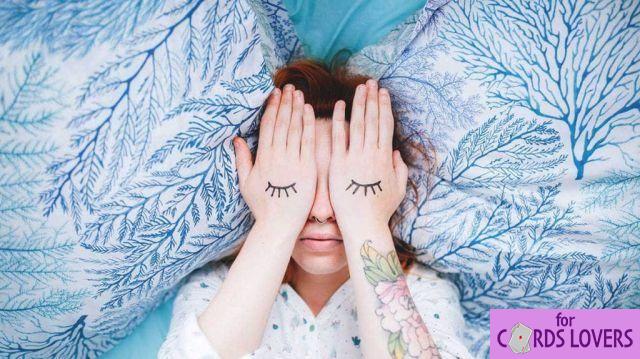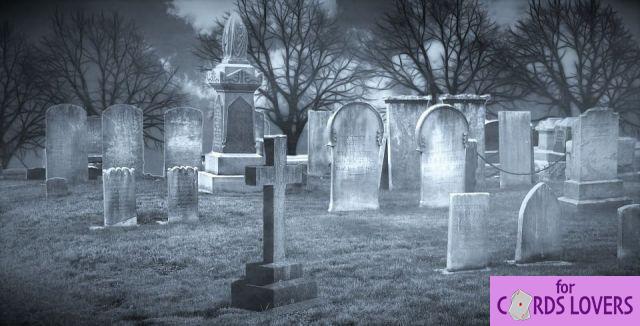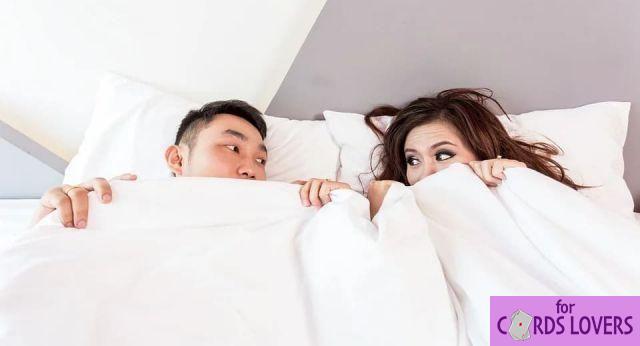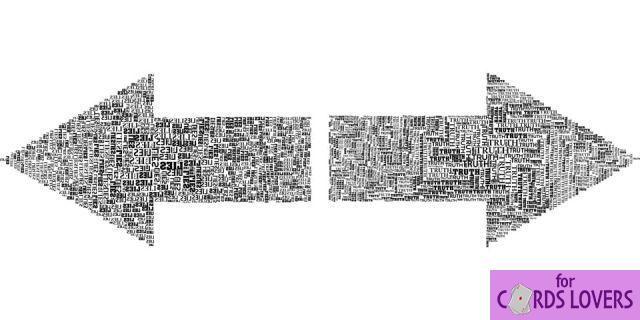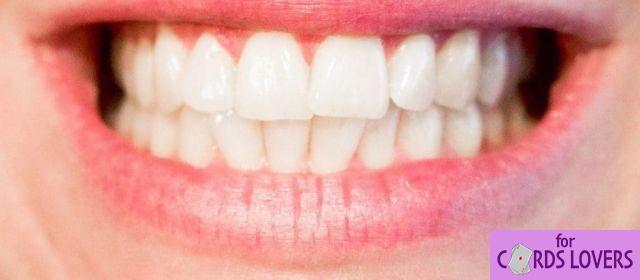
Teeth grinding at night is very annoying, better known as bruxism, it is one of the most common sleep disorders.
Bruxism is the unconscious clenching of the jaw that leads to teeth grinding, causing wear. It can occur day or night, although the most common is that which occurs during sleep. Most of the time, the person affected does not realize that she suffers from bruxism until another person warns her that she grinds her teeth in her sleep, or that the dentist informs her after a routine dental examination revealing dental wear.
Bruxism usually appears at an early age (usually in adolescence) and affects both men and women.
Causes of tooth grinding at night
Although there are different theories about the possible causes of its occurrence, the true origin of this dental health problem is currently unknown . A large number of experts agree that stress and sleep disorders could be two of the main causes of this disease, although they also consider other factors that may be involved in the onset of bruxism such as that:
- Bad nutrition
- Improper alignment of teeth
- Presence of breathing disorders during sleep
- Bad postures at bedtime
- Anxiety
Consequences of this pathology
In addition to tooth wear and constant pain in the facial muscles and teeth, bruxism can cause other problems such as:
- Acute hypersensitivity. By grinding the teeth, the teeth wear down, chip and break, causing pain.
- Tooth sensitivity. Especially cold, hot and sweet foods.
- Radiation of pain. The discomfort can spread to other organs and cause pain in the neck, ears or head.
- Insomnia Discomfort caused by pain can lead to difficulty and problems falling asleep.
When the problem of bruxism is not corrected in time, it usually leads to pathologies or joint disorders and maxillary disjunction that can produce trismus (a symptom that hinders or limits the correct opening of the mouth) and ends up even generating muscle contraction. very painful.

Possible treatments for teeth grinding at night
The TMJ (temporomandibular joint) specialist will be in charge of making the diagnosis and defining an appropriate treatment, after evaluating the possible physical and psychological causes that may be at the origin of the problem. Treatments for tooth grinding at night are primarily aimed at reducing tooth grinding, preventing enamel wear, eliminating pain, and avoiding possible permanent damage to the jaw. In general, two types of treatment are distinguished:
- Relief splint. In most cases, especially with predominantly nocturnal bruxism, the specialist recommends the patient to use a relief splint. It is a prosthesis adapted to the patient's prostheses, which must be placed during sleeping hours, and whose function is to try to relax and recognize the TMJ joint to avoid teeth grinding and l resulting enamel wear.
- Prosthetic rehabilitation. In the case of more advanced bruxism, in which there is significant tooth wear and a decrease in the vertical dimension that affects the tempo mandibular joint, it is recommended to prosthetically rehabilitate the dental pieces in order to regain the ideal joint position.
General recommendations
In any case, specialists advise performing any type of activity that helps control, reduce or eliminate stress and muscle tension (which are usually triggers of bruxism), perform relaxation exercises, massage muscle areas mandibular affected and sleeping with a sleeping position. Wearing an anti-snoring gutter is also recommended while waiting for medical treatment.




